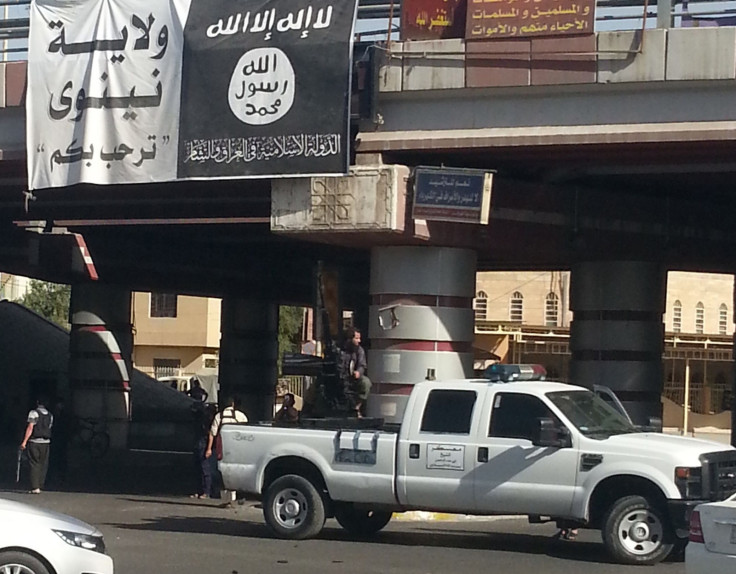Islamic State Grabs More Oil FIelds to Fund Caliphate

Militants from the Islamic State have captured seven oilfields and two refineries in northern Iraq since they invaded the region in June.
In a recent offensive into areas long held by Iraq's Kurds, the group seized the Ain Zalah oilfield, adding to a series of oilfields that they have taken in the oil-rich country.
The militants also control a vast stretch of an oil pipeline that connects the Kirkuk oilfields to Turkish port of Ceyhan, according to Bewar Khinsi of the Kurdistan Protection agency.
The pipeline has been used by Iraq's Kurds to export oil to international markets independently of Baghdad and its loss could be a severe economic blow for the Kurdistan Regional Government (KRG.)
The group is selling around 10,000 barrels per day from its Iraq oil facilities, Khinsi said, according to Kurdish media.
"The militants simply sell the existing oil in the pipelines at much lower prices," Khinsi said, as quoted by Rudaw. "They sell (the equivalent of) roughly 40 tankers, or 10,000 barrels of oil, with net revenues of $12,000. The customers are usually local Kurds and Arabs," he added.
"ISIS wants to broaden its attacks. And oil is a good source of income for their war machine. They use it also as fuel to run their military vehicles," he said.
In July, Britain's Daily Telegraph newspaper reported the jihidists were raising up to $1 million per day from selling crude oil recovered from captured oilfields in Iraq.
The group also controls the Gayara refinery and oilfields, which can produce around 20,000 barrels of oil per day.
The group also operates in Syria, where it controls all the oilfields in the eastern Deir Ezzor province. The group are thought
© Copyright IBTimes 2025. All rights reserved.






















